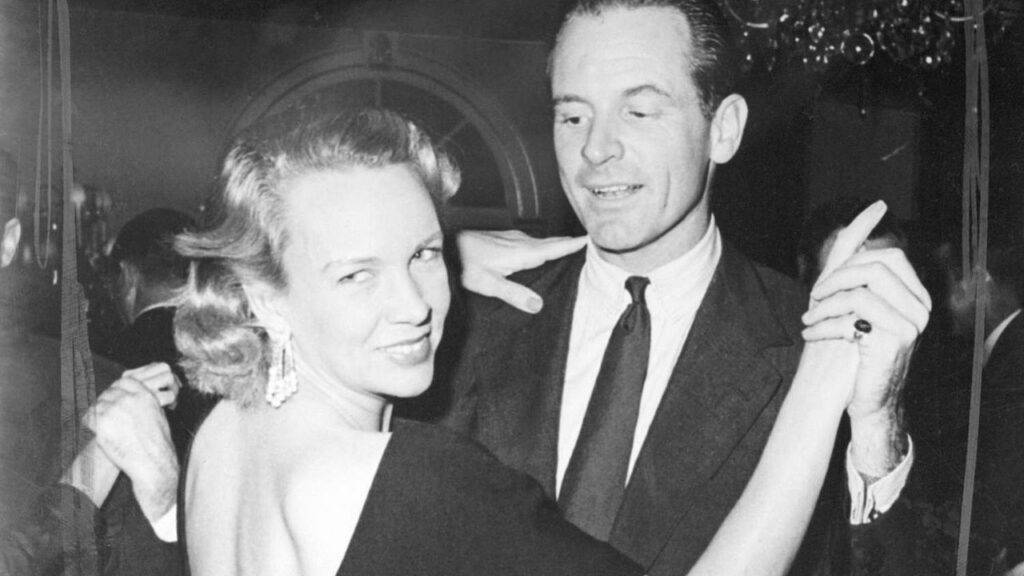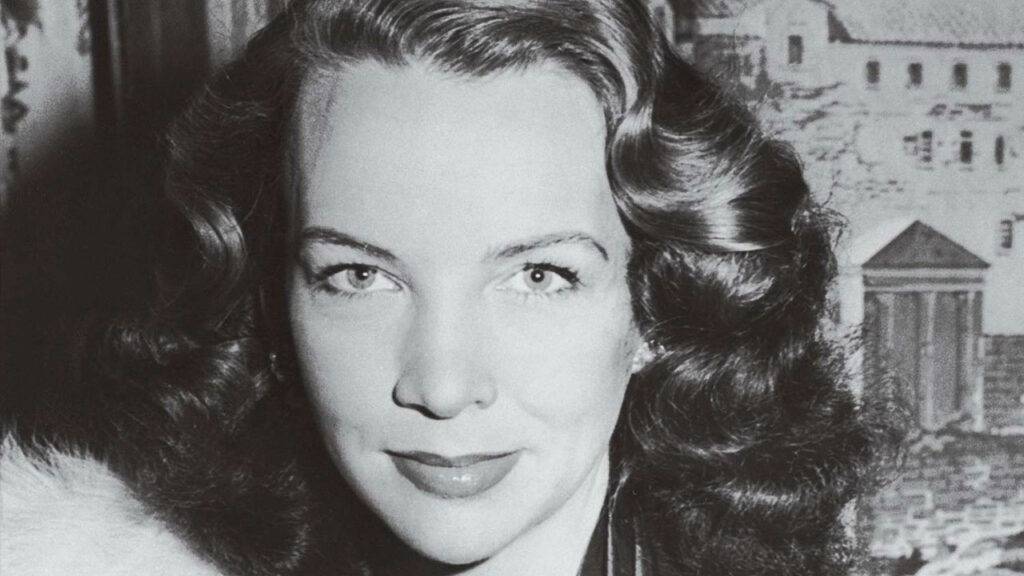In the annals of high society scandals, few tales captivate quite like that of Ann Woodward. This New York socialite, known for her tumultuous life and shocking actions, met a tragic end that still leaves many with unanswered questions. Let’s delve into the intriguing life and mysterious death of Ann Woodward.
Who Was Ann Woodward?
Before we unravel the events leading to her demise, let’s understand who Ann Woodward was. A former showgirl, Ann Woodward gained notoriety in 1955 when she shot and killed her wealthy husband, William Woodward, Jr., heir to the Hanover National Bank. The incident occurred in their Oyster Bay, N.Y., mansion, sparking a cascade of rumors and whispers in the high-society circles.

The Infamous Incident
The night of the incident, the couple had returned home late from a party attended by the Duke and Duchess of Windsor. Fueled by reports of a prowler in the neighborhood, both Ann and William went to sleep separately, each armed with weapons.
In the dead of night, Ann heard a noise and fired two shots, both hitting her husband. Despite claiming she believed she was shooting at an intruder, speculation ran rife that Ann had more sinister motives, alleging she murdered her husband for his fortune.
The Unfolding Drama
The aftermath of the shooting saw a grand jury ruling it as an accidental death, dismissing the notion of premeditation. However, the society gossip mill continued to churn, fueled by rumors of an affair between William and another woman. Ann’s reputation remained tarnished, and the whispers persisted, haunting her for decades.
Ann Woodward Death
Fast forward to October 10, 1975, a few days before the publication of Truman Capote’s controversial piece, “La Côte Basque 1965,” in Esquire magazine. Ann Woodward was found dead in her Fifth Avenue apartment, having consumed a cyanide pill. The timing of her death, near the impending publication, raised eyebrows.

“There is no evidence that Woodward knew the excerpt would mention her. Still, it has been heavily speculated over the years that she had received an advance copy of the story, which influenced her decision to take her life,” according to Vanity Fair.
Gerald Clarke, Capote’s biographer, added to the intrigue, stating, “We’ll never know, but it’s possible that Truman’s story pushed her over the edge.”
Allegations and Family Tragedy
Per Braudy’s book reveals that Elsie Woodward, Ann’s mother-in-law, believed Capote’s story was the final straw. She stated, “She shot my son, and Truman just murdered her, and so now I suppose we don’t have to worry about that anymore.” Despite two decades passing since her husband’s death, Ann’s reputation remained tarnished.
Tragically, the Woodward family faced further heartache. Ann’s younger son, Jimmy, attempted suicide before her death and succumbed a year later. William, the elder son, also met a similar fate in 1999, underscoring the enduring impact of the scandal on the Woodward family.


